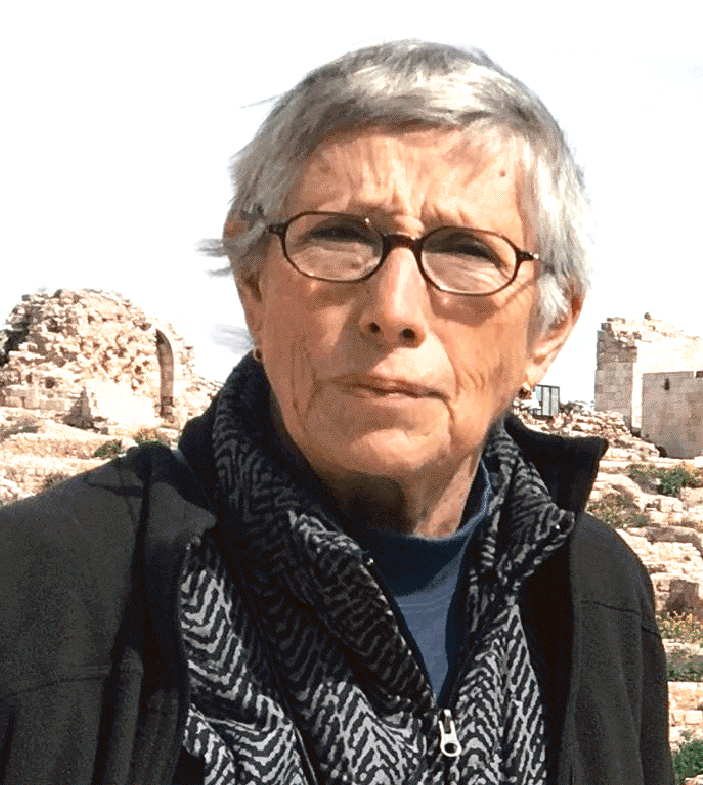The revelation that the US and Iran have agreed to exchange prisoners and the US will release $6 billion in Iranian funds blocked in Korean banks should defuse rising tensions between Washington and Tehran. This is, however, unlikely because influential hardliners in both capitals strongly oppose any easing of tensions.
Last week, four dual US-Iranian citizens were transferred from Evin Prison to "housearrest” at a Tehran hotel and found a fifth Iranian detainee already in residence. Three held by Iran are businessman Siamak Namazi who was arrested in 2015, environmentalist Morad Tahbaz, who has been held since 2018, and businessman Emad Sharghi who was detained in 2020. Human rights organisations and CNN have campaigned for their release for years. The fourth and fifth prisoners have not been identified at the request of their families.
There are at least 13 Iranians jailed in the US, most for violating US sanctions on Iran. These include seven dual nationals, two Iranians with US residency, and two Iranians without Legal status in the US. One has been held for allegedly plotting to assassinate the Saudi ambassador in Washington. Tehran has called for five to be exchanged for the five US-Iran citizens.
While the stage is being set for the exchange operation and release of funds, US sources
say nothing is guaranteed.
Determined to demonstrate that longstanding US opposition to Iran has not softened, Secretary of State Antony Blinken said the freed funds would be deposited in Qatari banks in "restricted accounts" for use only for "humanitarian purposes" such as purchasing food and medicine. Iran retorted by saying it would decide how to spend the funds.
Although the transfer could be completed electronically in the blink of an eye, the US Treasury — which rarely eases sanctions — will not authorise a waiver to suspend sanctions in this case. The money will be sent first to Switzerland where it will have to wend its way to Qatar, presumably by sanctions busting. This could take 45 days or longer. Fearing criticism at home, the Biden administration is behaving in the silly, childish way which has characterised the US approach to Iran since the shah, its ally, was overthrown by the clerics in 1979. Three Iranian presidents — Hashemi Rafsanjani, Mohammed Khatami and Hassan Rouhani have tried to reestablish a reasonable relationship with Washington but have failed due to its visceral rejection.
Although this deal is said by the US to be totally separate from the suspended negotiations involving the US return to the 2015 six-power agreement (the JCPOA) for limiting Iran's nuclear programme in exchange for lifting sanctions, Tehran has connected the two. Iran has, reportedly, behaved like an adult by unilaterally reducing the amount of uranium it has been enriching to 60 per cent, which is close to the 90 per cent used to manufacture nuclear weapons. Tehran has also reaffirmed its policy of rejecting weaponisation.
After months of indirect talks on the JCPOA, the European Union mediator Josep Borrell presented the two sides with a text. The US accepted it, but Iran called for guarantees that the US would abide by its commitments and not withdraw a second time.
Iran had every reason to ask for such guarantees which were — and are — impossible to grant. The Obama administration, which negotiated and signed the JCPOA, demonstrated bad faith from the start. The US Treasury promptly slapped new sanctions on Iran and maintained secondary sanctions which punished foreign governments, businesses, or individuals for dealings with Iran. In 2018, the Trump administration renounced the JCPOA and imposed 1,500 sanctions on Iran, cutting oil exports and crippling its economy, thereby inflicting collective punishment on Iranian civilians.
While campaigning for the presidency, Joe Biden pledged to return to the JCPOA if Iran returned to compliance, to which Iran agreed. However, once in office, Biden laid down conditions for a US return, halting its ballistic missile programme and regional involvement, which Tehran rejected as being outside the scope of the original deal.
Months were lost and a new hardline government took power in Tehran. After efforts to restart talks appeared to achieve progress early this year, the security clearance of US chief negotiator Robert Malley was revoked, and he was put on unpaid leave. US hardliners consider him too ready to make concessions to Iran and demanded his removal for discussing the JCPOA with Iranian officials based in the US.
In spite of sidelining the JCPOA, Biden hopes to win over US voters ahead of the 2024 election by "bringing home" the five US-Iranians now living in a hotel in Tehran. They will be summoned to the White House as soon as they land in the US. The media circus will fixate on their stories of imprisonment and laud their courage. Biden will take credit for liberating them although he and his administration have been criticised for not doing enough. Qatar, Oman and Switzerland, which mediated the exchange of prisoner deal, deserve credit.
As the US has demonised Iran for decades, Biden counts on rescuing US prisoners from the Iran dragon to give him a boost with the US electorate at a time two-thirds of voters in his own Democrat party do not want him to stand for reelection because of his age and uncertain mental acuity.
